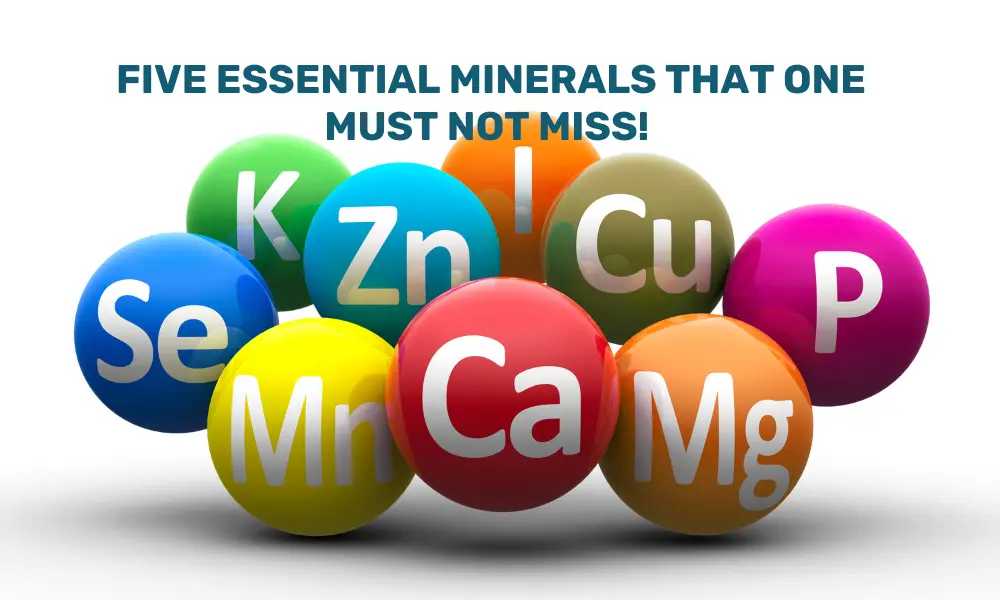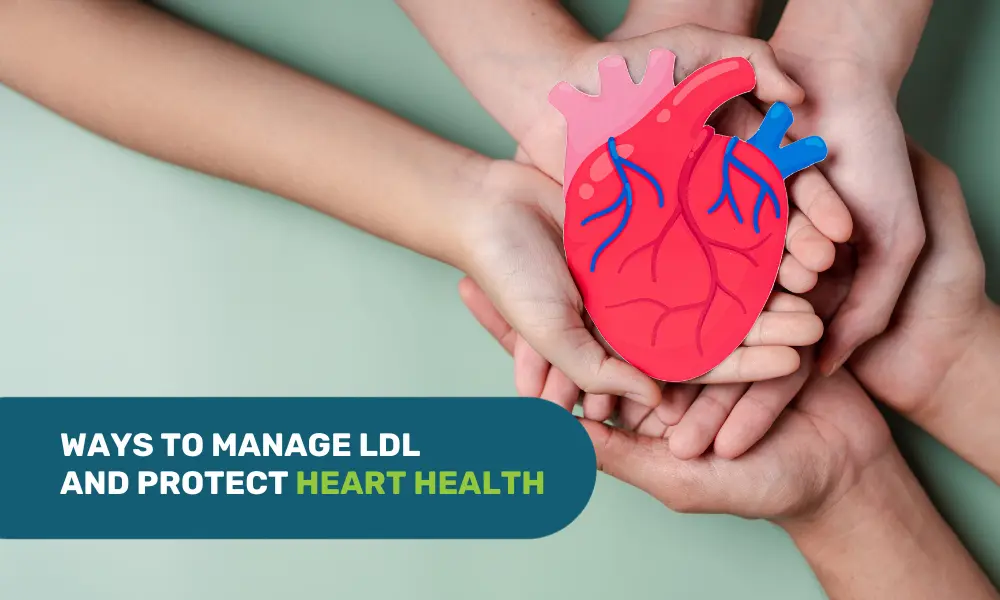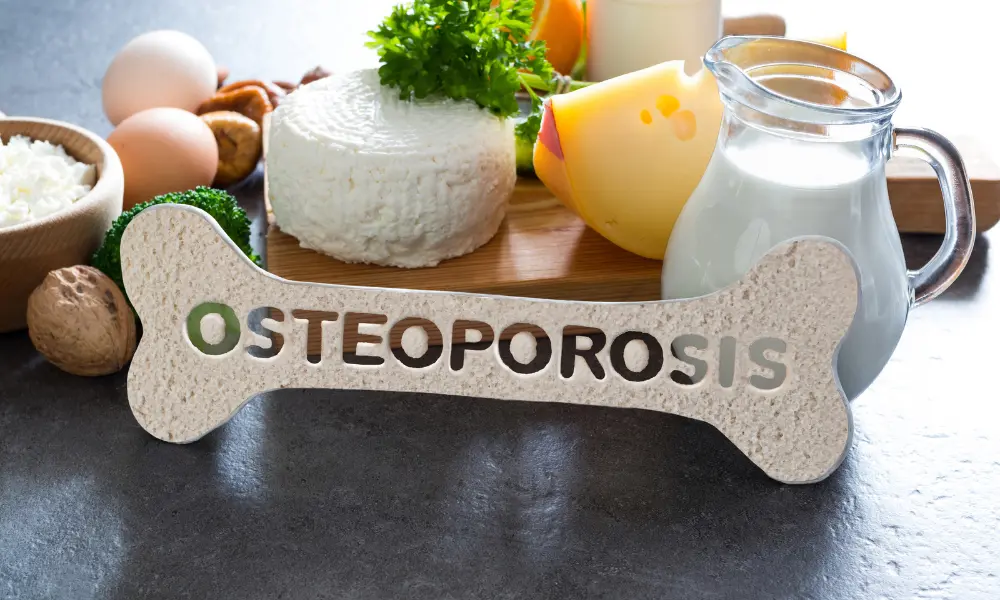Our body is like a complex machine that needs the proper fuel or nutrients to run smoothly—those that energize every function from our heartbeat to digestion, immunity, brain functioning, and much more. Minerals, as nutrients, have a major role to play in our overall good health. However, minerals may not get as much spotlight as vitamins and proteins, but their impact on our health is undeniable.
Our in-house expert, Dt. Aparna Pandey, MSC-Nutrition and Dietetics, shares five essential minerals for the body that we must include in our diet to maintain good health and prevent diseases.
1. Magnesium is also a mighty mineral due to its essential functions and vitality to human health. It is one of the most important minerals that helps in many biochemical reactions in our body. It is necessary for blood sugar control, muscle and nerve function, and bone health. However, many people fail to understand its vital role in our well-being despite its importance and fall short of their magnesium needs.
Benefits:
-
It is mandatory to convert food into energy, helping produce energy.
-
Magnesium is required to modulate the neurotransmitters that carry the messages throughout your brain and nervous system.
-
It works along with calcium to maintain bone density and is vital for strong bones.
Magnesium sources may include avocado, spinach, almonds, dark chocolate, and whole grains.
Fun Fact: Having sufficient magnesium helps us sleep better. It regulates the neurotransmitters that relax the nervous system.
2. Iron is an essential nutrient that helps carry oxygen and is required to make hemoglobin. Hemoglobin is a protein present in RBC (red blood cells) that carries oxygen from the lungs to different body parts. If our body lacks enough iron, it will be unable to make sufficient healthy red blood cells, and one may feel tired and weak in immunity.
Benefits:
-
It is essential for the carrying of oxygen in the blood
-
It provides energy by preventing fatigue by supplying or delivering the required amount of oxygen to the cells.
-
Iron allows the immune system to fight against any infections present in the body.
Iron sources may include lentils, beans, spinach, red meat, poultry, and fortified cereals.
Fun Fact: Vitamin C can enhance iron absorption, so one must remember to eat food high in vitamin C, like an orange or a bell pepper, while consuming iron-rich foods like beans to get an even greater boost.
3. Calcium: It is the most abundant mineral in the human body and one of the most vital minerals that our body requires. Calcium lays the foundation for strong bones and teeth and is important in the development and maintenance of these. It also plays a crucial role in blood clotting, muscle contraction, and nerve signaling.
Benefits:
-
Calcium is crucial to maintain bone density and strength.
-
It is necessary during muscle contraction and relaxation.
-
It also assists nerve cells in communicating with each other more efficiently.
Calcium sources may include dairy products such as milk, yogurt, cheese, and green vegetables such as kale and broccoli, almonds, and tofu.
Fun Fact: Our body requires vitamin D to absorb calcium properly, so we must ensure good exposure to sunlight or consume its food sources or supplements.
4. Zinc: It is also known as immunity Booster. Zinc is an essential mineral required for protein synthesis, immune function, wound healing, DNA synthesis, and cell division. It is also important for proper taste and smell.
Benefits:
-
It boosts our immunity and enables our body to fight against infections.
-
It is necessary for skin health and healing.
-
It is essential in the formation of proteins and DNA.
Zinc sources may include red meat, beans, seeds, shellfish, nuts, and milk products.
Fun Fact: Zinc at the beginning of symptoms has shortened the common cold’s length.
5. Potassium: Potassium works closely with other minerals and electrolytes in the body to ensure fluid balance, regulate muscle contractions, and send nerve signals—all of which are targeted toward good heart health. Potassium also helps in regulating blood pressure and heartbeats.
Benefits:
-
It helps maintain blood pressure and prevents hypertension.
-
Potassium is necessary for proper muscle contractions
-
It helps in maintaining fluids and electrolytes in the body
Potassium sources may include bananas, oranges, potatoes, spinach, and beans.
Fun Fact: Potassium may help lower stroke risk by reducing blood pressure and counteracting the harmful effects of sodium.
In a Nutshell
One must ensure sufficient intake of these five essential minerals—magnesium, iron, calcium, zinc, and potassium as they can bring about major changes to our general health and well-being. One must add a variety of nutrient-dense foods to their diet to meet the requirements concerning these minerals. Good health is supported by great dietary balance, so let these mighty minerals command special attention, and you can enjoy all the wonderful benefits they can offer!
FAQ on Essential Minerals
How do you increase body minerals?
One must consume plenty of vegetables, lean meat, fish and dairy products to increase mineral content in body.
What food is rich in minerals?
Foods like bread, meat, fish, cereals, milk, dairy, nuts, fruit, and vegetables are good sources of minerals.
Are bananas high in minerals?
Bananas are considered a great source of minerals.
Which vegetable is full of minerals?
Cruciferous vegetables, including broccoli, kale, cabbage, and watercress, are especially rich in Sulphur, a mineral that’s necessary for cellular function and DNA production.





